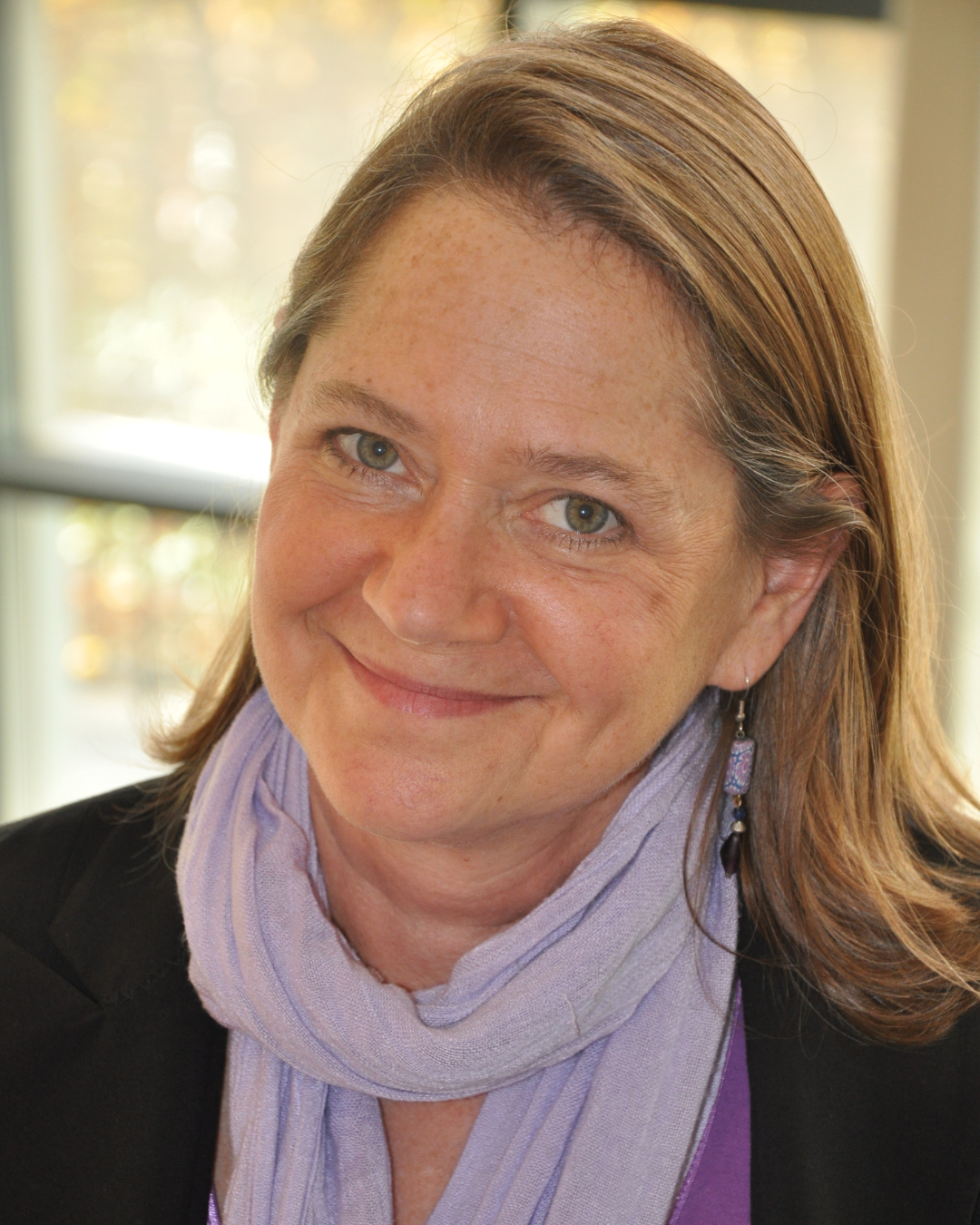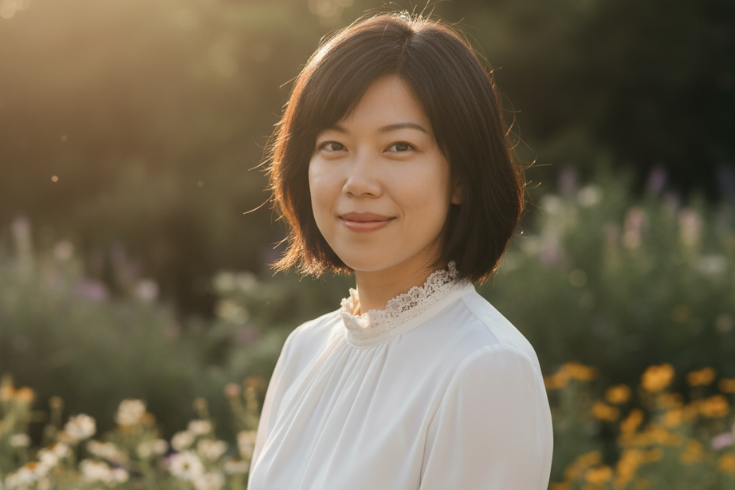Brandeis Online
Uniting a global community: World Usability Day 2025
November 13, 2025
 World Usability Day is November 13. Hear from Brandeis Online instructor and World Usability Day co-founder Elizabeth Rosenzweig about the mission behind WUD and this year’s events.
World Usability Day is November 13. Hear from Brandeis Online instructor and World Usability Day co-founder Elizabeth Rosenzweig about the mission behind WUD and this year’s events.
This year marks 21 years since Brandeis Online instructor Elizabeth Rosenzweig founded World Usability Day alongside respected UX leader Nigel Bevan.
What started as an idea — sparked by the Red Sox’ 2004 win against the “Curse of the Gambino” — has since transformed into a global phenomenon, with World Usability Day events happening on six continents.
“Our vision was to bring the usability community together and ensure that technology truly serves its users,” Elizabeth told Brandeis Online. In 2025, this dream has become a reality: workshops, fairs and conferences across the world remind people that “through user-centered design, we can create more successful products, healthier outcomes, and more sustainable, inclusive futures.”
“Through user-centered design, we can create more successful products, healthier outcomes, and more sustainable, inclusive futures.”
Elizabeth Rosenzweig
Elizabeth brings this philosophy with her in everything she does — as a consultant, a writer, and a User-Centered Design instructor at Brandeis Online. “WUD is central to my teaching because it connects directly to my passion for designing technology, products, and services that truly serve people,” Elizabeth says. “I share this vision with my students, and it often resonates deeply — many become inspired to volunteer, contribute to global and local projects, and carry the mission forward.”
This year’s World Usability Day is particularly special due to the work of Elizabeth’s students. Brandeis Online alumna Fang Ding MS’24 has played a critical role in spreading WUD to Asia, coordinating China’s first official WUD event. Eduarda Limano MS’25 is part of the WUD team as well, working on the World Usability Education project.
The broader Brandeis community is also supporting WUD efforts, with members helping at local events like Mass Art’s UX Fair. The Brandeis MakerLab is even hosting its own on-campus event: a Fixit Clinic where volunteer coaches from the Brandeis Design and Innovation team, the new engineering program, and across the University will guide attendees in diagnosing problems, developing repair strategies, and completing repairs.
“This event perfectly illustrates how usability extends beyond just technology interfaces — it embraces a broader, more impactful perspective,” Elizabeth told Brandeis Online. “When people consider products and technology through the lens of sustainability, repairability becomes essential. Truly repairable products must be simple and designed with people in mind, so they can be fixed easily.”
“World Usability Day represents an opportunity for us to unite as a global community, transcending organizational silos, city borders, and national boundaries.”
Elizabeth Rosenzweig
Like World Usability Day as a whole, the event is also a testament to how the mission of usability can bring people together. “World Usability Day represents an opportunity for us to unite as a global community, transcending organizational silos, city borders, and national boundaries,” Elizabeth says.
In a time when technology often prioritizes profit and speed over people and usability, UX design — and UX designers — are more important than ever. “We, the user-centered design community, form a strong, cohesive network of professionals uniquely equipped to address some of the world’s greatest challenges,” Elizabeth says. “By placing humans at the core of every design and development project, large or small, we create solutions that ultimately benefit everyone.”
Visit the World Usability Day website to find events near you. To learn more about how you can make a difference though UX, visit our User-Centered Design program page.
More Stories

November 12, 2025
World Usability Day is November 13. Learn how Fang Ding MS'24 is using her UX knowledge, interdisciplinary background, and AI to spread usability everywhere.

